Description
Dutchman’s pipe Flowering Vine “Aristolochia macrophylla”
Dutchman’s pipe Flowering Vine scientifically known as “Aristolochia macrophylla”, effortlessly combines mystery and elegance, attracting both gardeners and nature lovers. Its intricate pipe-shaped flowers and recognizable heart-shaped leaves captivate the attention of people.
People commonly refer to various species of flowering plants as “Dutchman’s pipe” or “Duck Vine” (Aristolochia). Dutchman’s Pipe, a native plant to several regions of North and South America, thrives in diverse environmental conditions. It has the ability to flourish across a range of settings.
Its versatile nature renders it an adaptable option that excels equally in indoor and outdoor environments. The name “Dutchman’s pipe” can refer to different species within the genus Aristolochia, as there are several species with similar pipe-shaped flowers. The Dutchman’s Pipe’s unique distinction lies in its role as a host plant for particular species of swallowtail butterflies.
On occasion, horticulturists choose to cultivate Aristolochia plants specifically for their one-of-a-kind, decorative blooms. These individuals are drawn to the captivating charm exuded by the plants’ unparalleled and ornate flowers. These gardening enthusiasts deliberately introduce Aristolochia plants into their gardens, enticed by the beguiling nature of their distinctively intriguing blossoms.
Care of Dutchman’s pipe Flowering Vine:-
- Light: Dutchman’s Pipe plants often prefer some shade, up to complete darkness. They have evolved to thrive in the filtered sunlight seen in forested settings.
- Soil: Use rich, well-draining soil that has a slightly acidic composition. A combination of peat moss, perlite, and compost is effective. To prevent root rot, ensure proper drainage
- Watering: Make sure the soil is consistently moist to avoid waterlogging while still keeping it adequately hydrated. Between each watering, allow the top inch (2.5 cm) of soil to dry out.
- Pruning: To properly control the growth and shape of the plant, prune it on a regular basis. Pruning any stems or leaves that exhibit signs of being dead or damaged will help to stimulate new growth.
- Fertilization: During the growing season (spring and summer), apply a balanced, water-soluble fertilizer.


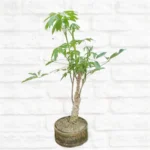
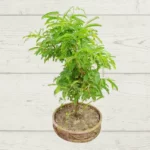
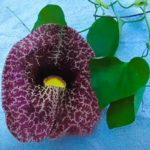
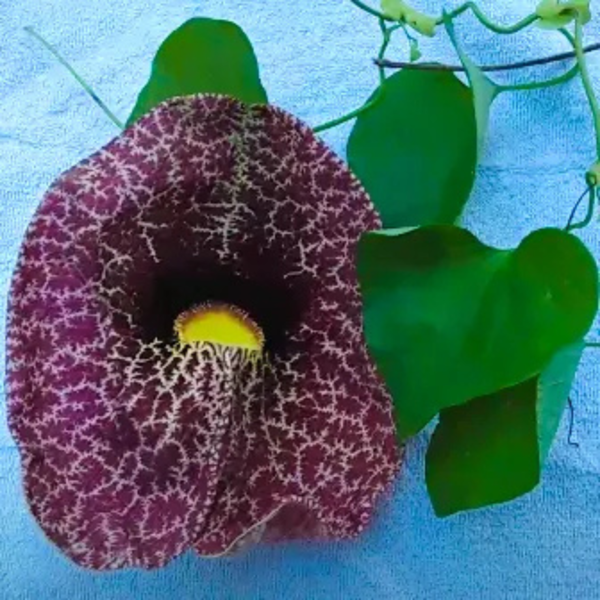
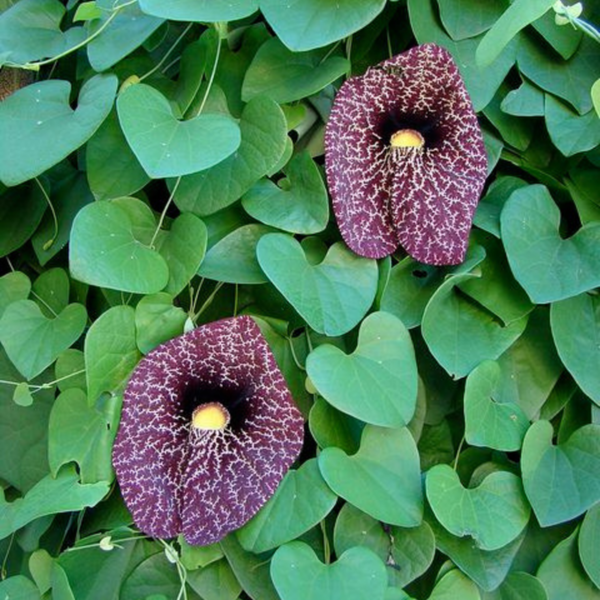
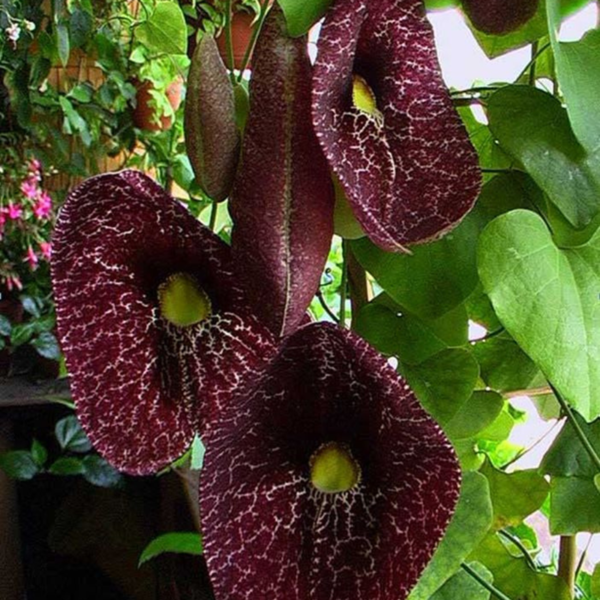
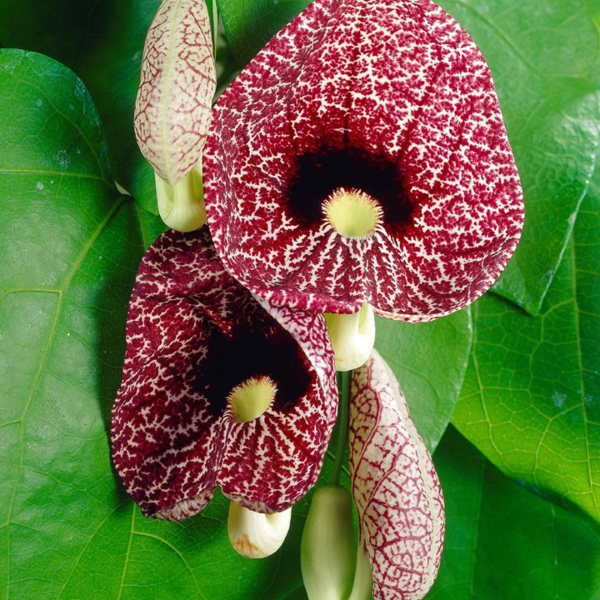
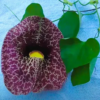
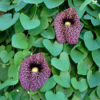
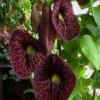
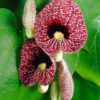

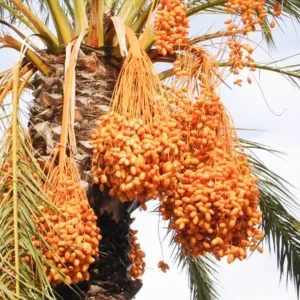
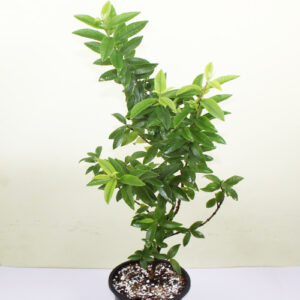

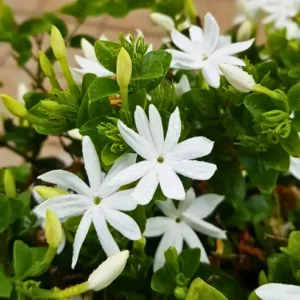
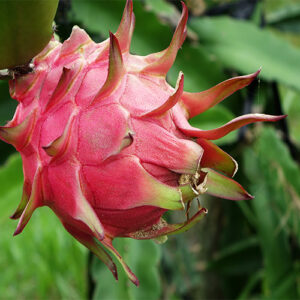
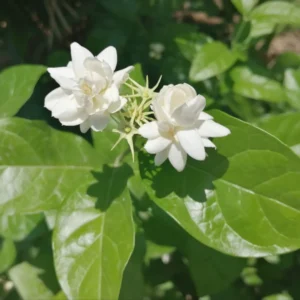
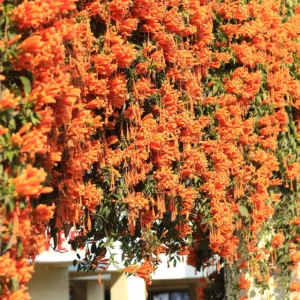
Reviews
There are no reviews yet.